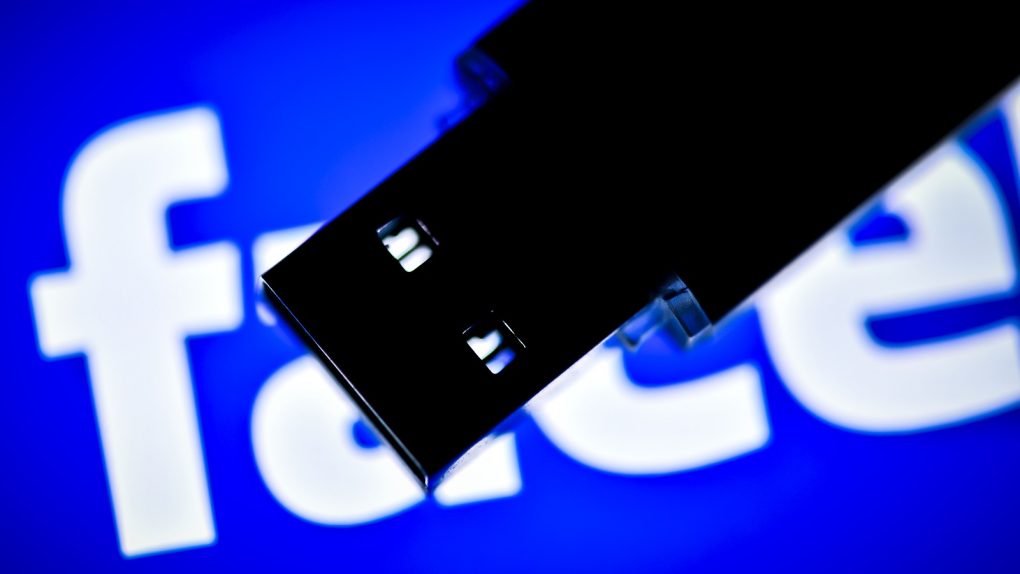There’s no getting around it: 2018 is a year Facebook would rather soon forget. Over the past few months, the social networking giant routinely made the news for all the wrong reasons. While the Cambridge Analytica scandal was perhaps the biggest challenge the company endured, there were seemingly an endless number of other controversies Mark Zuckerberg and co. had to contend with over the past year. And while some issues were unnecessarily magnified by the tech press, there’s no denying that the manner in which Facebook often handled and addressed certain hot-button issues only made things worse.
In the process, an anti-Facebook sentiment naturally began to arise this year. And though Facebook hasn’t seen a meaningful drop off in its user base — at worst, Facebook usage remains stagnant — many in the tech press seem inclined to position Facebook as a digital cancer that must be eradicated. If you didn’t know any better, you might otherwise assume that Mark Zuckerberg and anyone who works at Facebook are sinister, if not evil, people who purposefully ignore serious problems associated with the platform in the interest of boosting users and profits.
Now this isn’t to say that Facebook doesn’t deserve any criticism. Far from it. The company and its executives should unquestionably be held accountable for serious missteps and errors in judgement. At the same time, folks in the tech press who lazily, blindly, and almost maniacally seek to paint Facebook as an entity worthy of destruction are doing nothing more than creating an atmosphere of hysteria that values sensationalism over facts and reason.
Nowhere was this dynamic more apparent than in the recent “scandal” to hit the social networking behemoth. Last week, the New York Times published a bombshell of an expose that claimed Facebook let third-party companies like Spotify and Netflix read private messages from Facebook users. The story naturally spread like wildfire and Facebook was quickly hit with the predictable avalanche of “Don’t trust this company!” chants.
The NYT piece reads in part:
Facebook also allowed Spotify, Netflix and the Royal Bank of Canada to read, write and delete users’ private messages, and to see all participants on a thread — privileges that appeared to go beyond what the companies needed to integrate Facebook into their systems, the records show. Facebook acknowledged that it did not consider any of those three companies to be service providers.
On the surface, this seems like a disastrous breach of user trust and privacy. The reality, though, is much more benign. In the wake of the Times report, Facebook explained why the “read, write and delete” phrase mentioned above was grossly misinterpreted.
In order for you to write a message to a Facebook friend from within Spotify, for instance, we needed to give Spotify “write access.” For you to be able to read messages back, we needed Spotify to have “read access.” “Delete access” meant that if you deleted a message from within Spotify, it would also delete from Facebook. No third party was reading your private messages, or writing messages to your friends without your permission. Many news stories imply we were shipping over private messages to partners, which is not correct.
But here’s where the hysteria kicks in. The response to Facebook’s clarification was a mix of “They’re probably lying again” and “Even if what Facebook is saying is true, the company is still evil.”
Facebook at this point has lost so much goodwill that they’ve essentially been pigeon-holed as evil no matter what they do. As a result, it was only a matter of time before an endless stream of blithering “think-pieces” began rolling in. The most comically embarrassing one, though, came from a Vice piece which argued that we should dismantle Facebook and replace it — I kid you not — with personal websites.
“Personal websites and email can replace most of what people like about Facebook—namely the urge to post about their lives online,” the post reads.
Is this really a suggestion we’re meant to take seriously? Who cares. The anti-Facebook bandwagon has no time for nuanced takes on complex issues. People took a misleading New York Times article and ran with it, even in the face of evidence which called some parts of the Times piece into question.
And of course, some folks used the misleading story it as a soapbox to pretentiously announce their departure from the site. It reminds me of a joke: How do you know if someone isn’t on Facebook? Don’t worry, they’ll tell you.
I’m out. @facebook pic.twitter.com/U9LXC3D1Zj
— Kasie Hunt (@kasie) December 19, 2018
Again, Facebook should not be immune from intense scrutiny and level-headed criticism, but the reality is that many articles which seek to cover serious stories involving the company veer far more towards lazy fear-mongering than anything else. The truth is, Facebook has amassed far more influence and reach than anyone could have possibly imagined a decade ago. Consequently, Facebook is still learning how to appropriately wield said power and influence. In doing so, it has messed up quite a few times, sometimes with disastrous consequences. That said, the recent backlash over the incredibly misleading Times article involving private Facebook messages is just more proof that the anti-Facebook hysteria has unfortunately reached a fever pitch.








